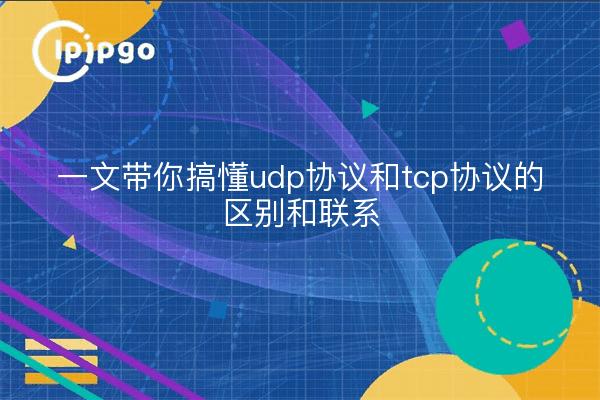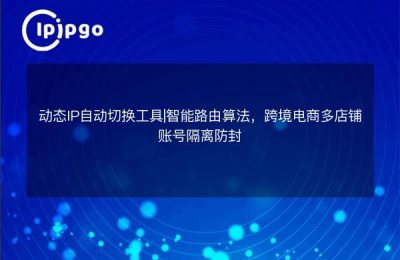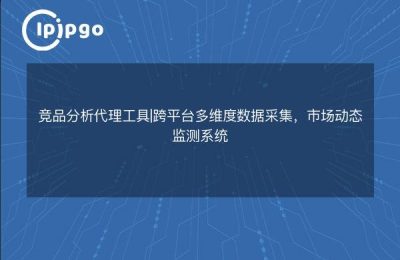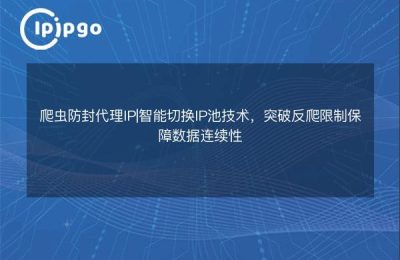
In the network world, data transfer is like mailing a package, sometimes we need to deliver it quickly, sometimes we need to make sure that each package is delivered to its destination accurately. In this process, the UDP and TCP protocols are like two different courier services, each with its own advantages and disadvantages. Today we will talk about the differences and connections between these two protocols.
What is the UDP protocol?
UDP, the full name is User Datagram Protocol.The UDP protocol is like a regular parcel service from a courier company, fast but with no guarantee that every parcel will be delivered on time.The main features of the UDP protocol are simplicity, speed, and connectionlessness.
The "connectionless" nature of the UDP protocol means that there is no need to establish a connection before sending data; packets can be sent at will. It's like dropping a package into a mailbox at the post office without checking with the mailman to make sure the recipient's address is correct. As a result, the UDP protocol is very fast, which makes it suitable for live video streaming, online gaming, and other time-sensitive scenarios.
What is the TCP protocol?
TCP, the full name is Transmission Control Protocol, that is, the transmission control protocol.TCP protocol is more like the courier company's precise delivery service, not only to ensure that each package is delivered accurately and correctly, but also to obtain the recipient's signature confirmation after delivery.The main characteristics of the TCP protocol are reliable, connection-oriented, sequential transmission.
The "connection-oriented" nature of the TCP protocol means that a connection must be established between the sender and the receiver before data can be sent. It's like when you send a package, you call the recipient to make sure the address is correct before you send it. tcp establishes a connection through three handshakes to make sure both parties are ready to receive data.
Difference between UDP and TCP protocols
Although the UDP and TCP protocols are both network protocols used for data transmission, they are distinctly different in many ways.
First of all, there is a difference in the way of connection, UDP protocol is connectionless, there is no need to establish a connection before sending data. The TCP protocol is connection oriented and requires three handshakes to establish a connection before sending data.
Second is the difference in transmission reliability. the UDP protocol does not guarantee delivery of packets, nor does it guarantee the order of packets. It's like a regular parcel service, where packets may be lost or out of order. The TCP protocol, on the other hand, ensures that each packet is delivered accurately and in order through an acknowledgement mechanism and a retransmission mechanism.
Again, there is a difference in speed. Since the UDP protocol does not need to establish a connection and packets can be sent directly, it is very fast. The TCP protocol is relatively slow because it requires the establishment of a connection and the confirmation and retransmission of the transmission process.
The connection between the UDP and TCP protocols
Although the UDP and TCP protocols are distinctly different in many ways, they also have some things in common.
First of all, they are both transport layer protocols used to transfer data across a network. Whether it's the UDP protocol or the TCP protocol, the ultimate goal is to transfer data from one place to another.
Second, they both use the IP protocol as the underlying protocol. Whether it's the UDP protocol or the TCP protocol, packets are ultimately transmitted across the network via the IP protocol.
Options for practical applications
In practice, the choice of whether to use the UDP or TCP protocol depends largely on the specific requirements.
If speed is what you need, such as live video streaming, online gaming, and other time-sensitive scenarios, the UDP protocol is a good choice. Although there may be data loss or disorganization, speed is more important in comparison.
If you need reliability, such as file transfers, emailing, and other scenarios that require high data integrity, the TCP protocol is a better choice. While it may be slower, it ensures that every packet is delivered accurately.
summarize
Overall, the UDP and TCP protocols have their own advantages and disadvantages and are suitable for different scenarios. When choosing which protocol to use, the key is to decide based on the specific needs. Hopefully, through this article, you will have a clearer understanding of the UDP and TCP protocols.
Just like choosing a courier service, sometimes we need speed and sometimes we need reliability. By choosing the right protocol, you can make data transfer more efficient and reliable.








